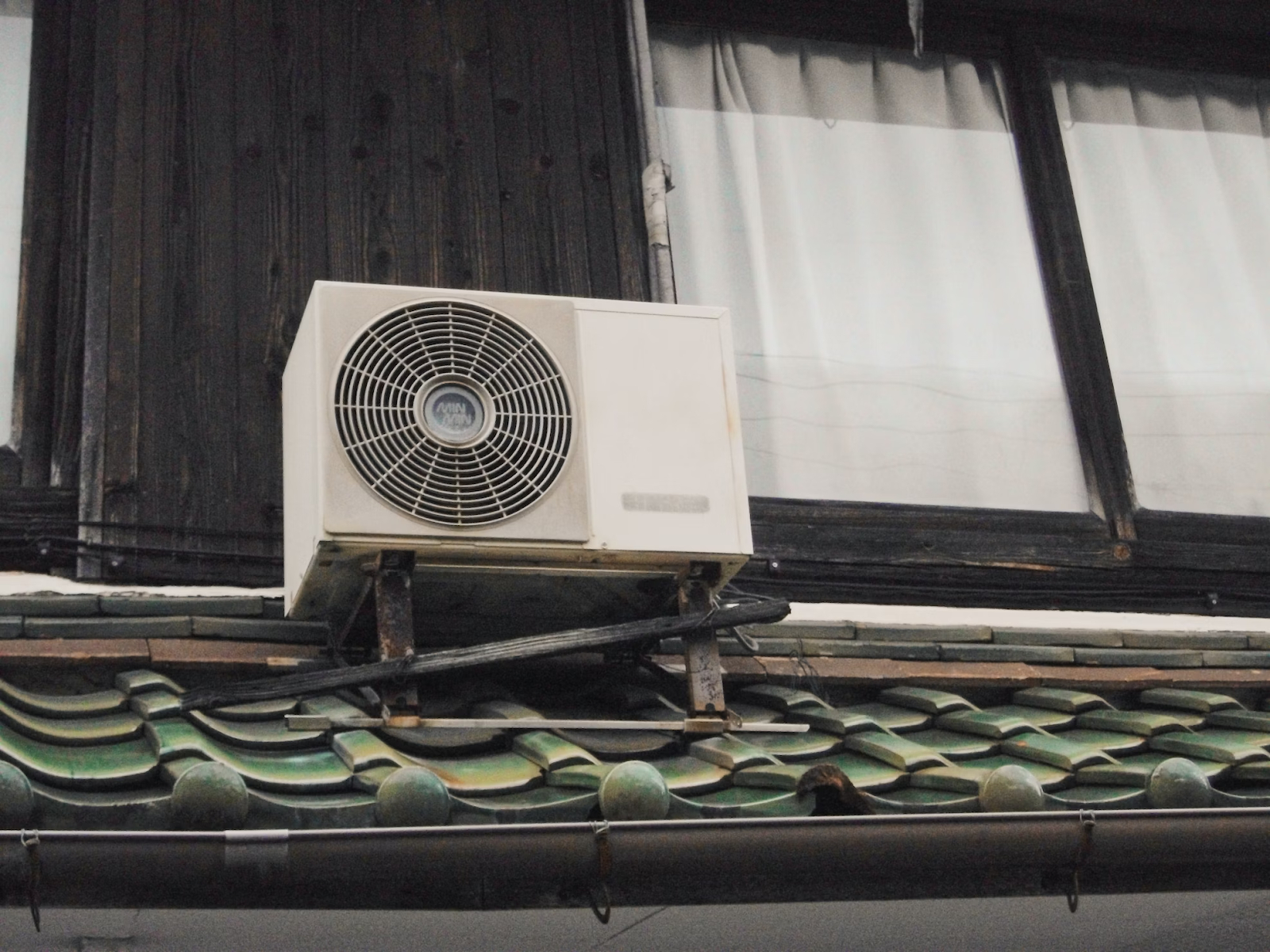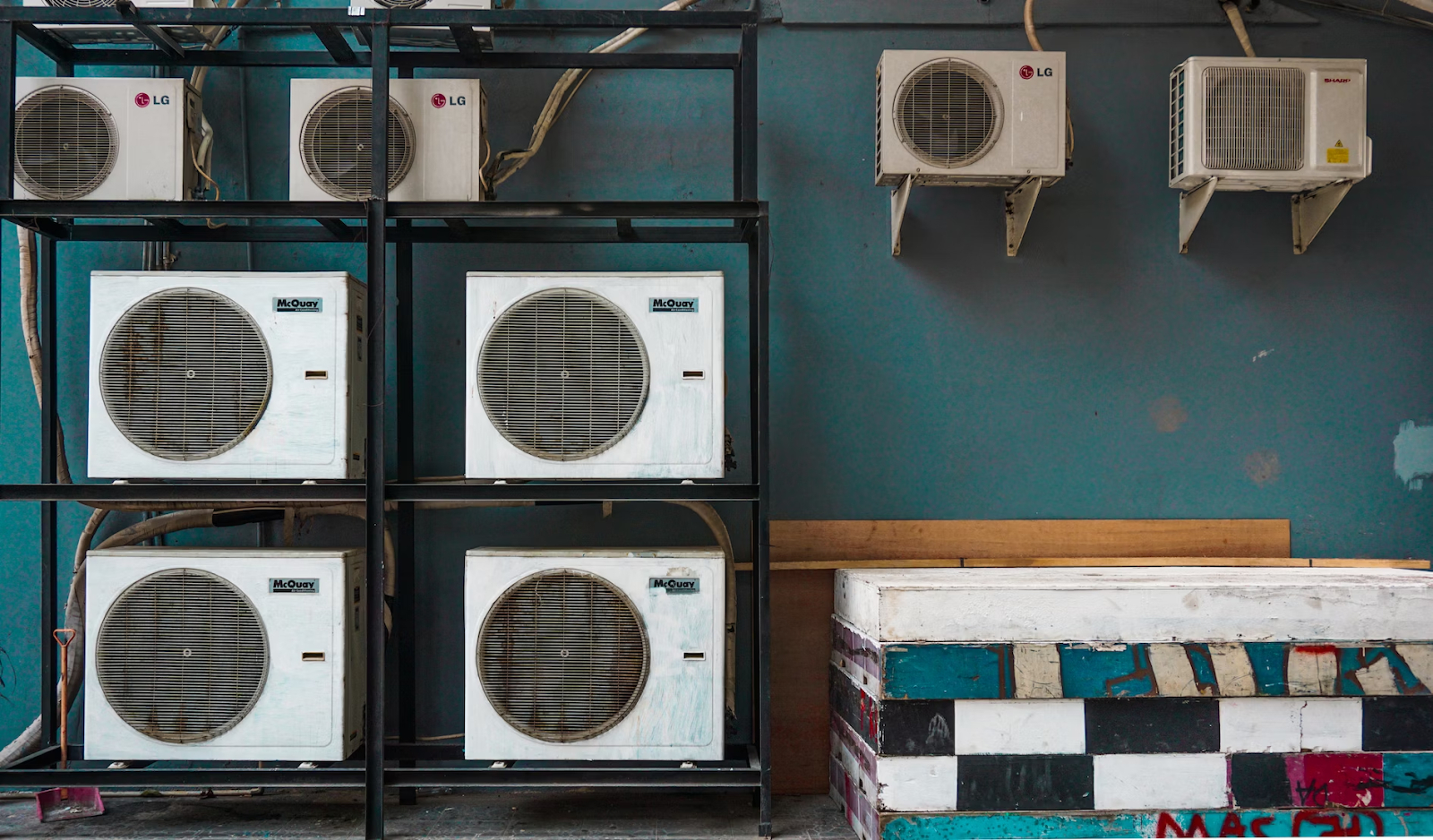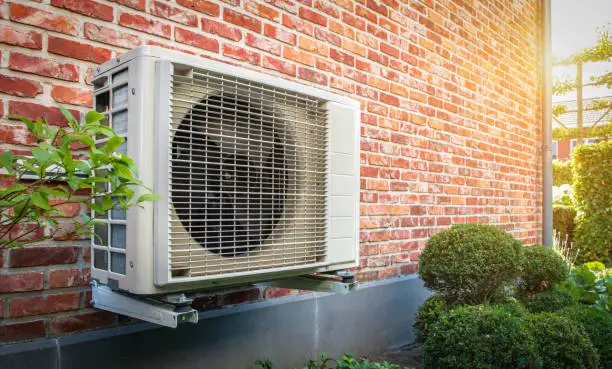Picture this: it’s the scorching summer heat, and you’re eagerly anticipating the refreshing coolness of your air conditioning unit. But suddenly, it starts acting up or stops working altogether. Frustration sets in, and you’re left sweltering in the heat. So, here’s how to deal with a broken or faulty air conditioning device efficiently, so you can regain your comfort and coolness without unnecessary stress.

Consider Repair or Replacement
If your air conditioner continues to malfunction despite your efforts, it may be time to consider repair or replacement. A professional assessment can help you determine if Air Conditioning Replacement is needed and which route is best. Repair might be a cost-effective solution for minor issues, while a replacement could be more economical in the long run if your unit is old and inefficient.
Troubleshooting the Issue
In most cases, when your AC acts up, don’t panic. The first step is to troubleshoot the issue. Start by checking the thermostat settings. Ensure it’s set to cool mode, the temperature is where it should be, and the batteries are not dead. Sometimes, simple adjustments can solve the problem. If that doesn’t work, inspect the air filter. A clogged filter can obstruct airflow and cause cooling problems. Replace it if it’s dirty or overdue for a change.
Clean Your AC Unit
Dust and debris can accumulate inside your AC unit, reducing its efficiency. Turn off the power and carefully clean the condenser and evaporator coils. Be gentle to avoid damaging the delicate components. Cleaning your AC regularly can prevent many problems and extend its lifespan.
- Clear Surrounding Vegetation: Trim any vegetation or shrubs around the outdoor unit (condenser) to ensure proper airflow. Leaves and branches can obstruct the unit, reducing its efficiency.
- Inspect the Drain Line: The drain line can become clogged with algae or debris over time. Ensure it’s clear by flushing a mixture of water and vinegar through the line. This will prevent water backup and potential water damage.
- Check the Fins: The fins on the evaporator and condenser coils are fragile. Inspect them for any bending or damage. If you notice any bent fins, gently straighten them using a fin comb. This will help maintain optimal airflow.
Check for Power and Circuit Breakers
If your AC remains unresponsive, it’s time to inspect the power supply. Ensure that the unit is properly plugged in and the power switch is on. Additionally, check your circuit breaker panel for any tripped breakers. If you find any, reset them. A power interruption can sometimes cause AC issues.
- Verify the Unit’s Connection: Ensure that the air conditioning unit is securely plugged into the power source. Sometimes, a loose connection can cause disruptions in the power supply, leading to AC issues.
- Check the Power Switch: Locate the power switch or control panel for your AC unit. Make sure it’s set to the “ON” position. If it was accidentally turned off, switching it back on should restore power to the system.
- Inspect the Circuit Breaker Panel: Go to your home’s electrical panel or circuit breaker box. Look for any circuit breakers that may have tripped or are in the “OFF” position. If you find one related to your AC (usually labeled as such), switch it back to the “ON” position. If it repeatedly trips, it may indicate an electrical issue that requires professional attention.
Schedule Professional Maintenance
Regular maintenance by a professional is crucial for the longevity and optimal performance of your air conditioner. A skilled technician can identify and address potential issues before they become major problems. Schedule annual or bi-annual check-ups to keep your AC in top shape.
- Early Issue Detection: A trained technician can spot potential problems before they escalate. This proactive approach can save you from costly repairs down the road and ensure your AC runs smoothly.
- Improved Efficiency: Regular maintenance includes cleaning and tuning your AC for peak performance. This means your unit will cool your home more effectively, reducing energy consumption and lowering your utility bills.
- Extended Lifespan: Proper maintenance can significantly extend the lifespan of your air conditioner. You’ll get more years of reliable service from your investment, ultimately saving you money on premature replacements.

Dealing with a broken or faulty air conditioning device can be a frustrating experience, but with the right approach, you can quickly regain your comfort. By troubleshooting, checking power sources, performing routine maintenance, and considering professional assistance when necessary, you can keep your AC running smoothly. Remember, prevention is key to avoiding future issues, so stay proactive in maintaining your cooling system. Don’t let a malfunctioning AC ruin your summer – take control and stay cool.




















